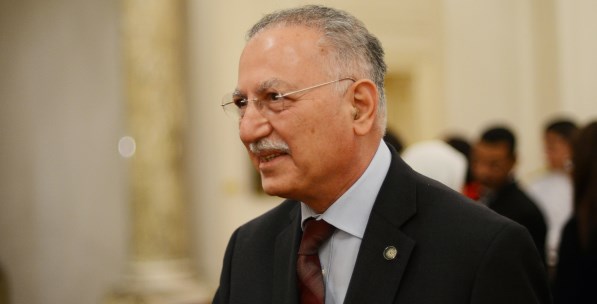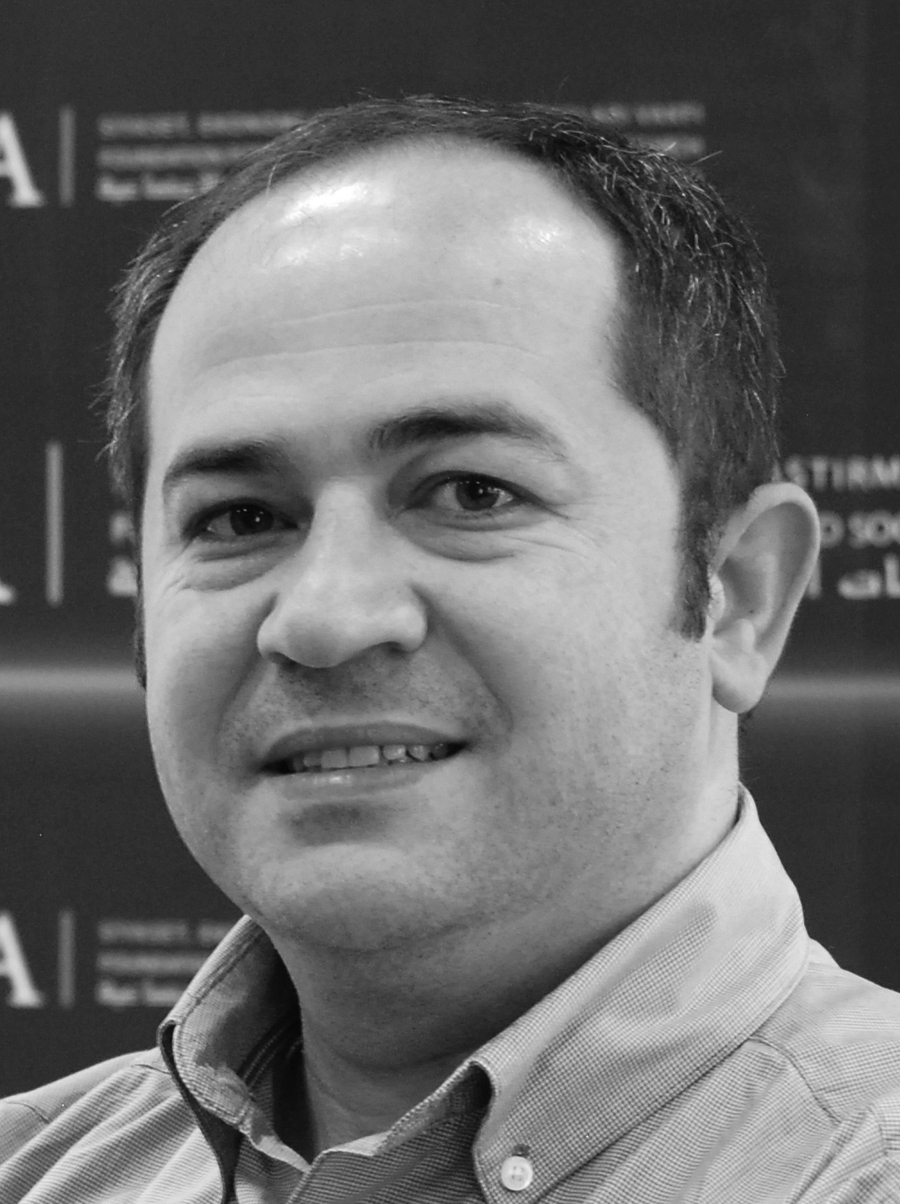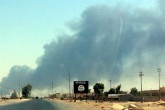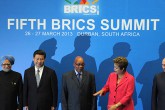The Republican People’s Party (CHP) and the Nationalist Movement Party (MHP) have concluded their lengthy search for a joint presidential candidate and agreed to nominate Ekmeleddin Ihsanoglu, a former secretary-general of the Organization for Islamic Cooperation (OIC).
Both the opposition’s efforts to launch a joint campaign and the criteria which they believed the ideal candidate needed to fulfill reflected the new institutional arrangements under the 2007 constitutional referendum – namely, the president’s direct election by the people as opposed to by Parliament.
Although MHP leader Devlet Bahçeli and CHP chairman Kemal Kılıçdaroglu put forth a number of criteria over the past weeks, the two leading attributes of the ideal candidate were a conservative worldview and a lack of a clear political identity. In developing a working formula for the joint campaign, Bahçeli had argued that 64 percent of all voters were leaning toward parties on the right and that the presidential candidate should be a nationalist conservative with strong spiritual values.
Making concessions on its political vision and the ideological values of its supporters, the CHP agreed to adopt a conservative campaign platform as a means to reach out to other parties. This strategy is thought to be able to produce a champion that could challenge the ruling AK Party’s candidate. As such, the opposition’s eagerness to move forward with a conservative not only rested on a sociological assessment but also worked toward maximizing the opposition’s popular support.
It is, however, quite difficult to reconcile this phenomenon with the opposition’s second criterion about the candidate not being a political figure. The fact that the people will directly vote for the president, who is eligible for two five-year terms, has effectively added to the presidency’s political significance and transformed its role within the political system. In this sense, future presidents will ostensibly enjoy greater power than their predecessors. In spite of these changing circumstances opposition leaders demanded that the candidate be ‘non-political’ due to both leaders’ concerns about intra-party struggles. After all, the joint candidate, having received 40 percent or more of the vote could pose a threat to both Kılıçdaroglu, under whose rule the CHP repeatedly failed to break the 30 percent mark, as well as Bahçeli, a politician that brought MHP representation to the lower teens.
As such, the criterion of conservatism represents a natural outcome of Turkey’s sociological realities while the insistence on a ‘non-political’ candidate reflects the opposition leaders’ career plans. While the emphasis on conservative values was a correct move due to its sociological basis, the latter preference was arguably misguided due to the changing nature of the presidency.
In light of the above, Ekmeleddin Ihsanoglu is a good match for the opposition. He has a religious-conservative worldview with a career in academia and diplomacy away from day-to-day politics. His acceptability for the opposition, however, does not mean he is suitable for the presidency.
It’s clear that Ihsanoglu’s nomination as the opposition’s joint candidate by virtue of his religious-conservative background suggests that opposition parties accept Turkey’s new political and sociological landscape. It would appear that direct presidential elections have compelled the opposition to work with the politics and society of New Turkey, which they vehemently opposed.
Ihsanoglu, however, does not represent a viable candidate for the job due to the second criterion that the opposition parties employed to locate him. The 2007 constitutional amendments have transformed the presidency from a bureaucratic office to a political authority. Turkey’s past presidents, who traditionally have been equipped with greater powers than the typical parliamentary regime, will inevitably become stronger political figures considering that they will be popularl
In this article
- Domestic Policy
- Opinion
- 2007
- Ekmeleddin İhsanoğlu
- Elections
- Islam
- Islamic
- Joint Presidential Candidate
- Opposition
- Organisation of Islamic Cooperation (OIC)
- Türkiye
- Türkiye's Justice and Development Party | AK Party (AK Parti)
- Türkiye's Republican People's Party (CHP)
- Türkiye's Republican People’s Party (CHP) Chairperson
- Türkiye’s Nationalist Movement Party (MHP)



